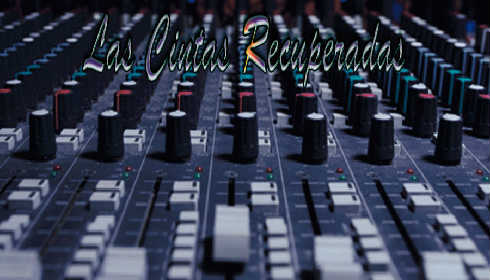
1.THE NIGHT HAS A THOUSAND EYES
2.CENTRAL PARK WEST
3.LIBERIA
4.BODY AND SOUL
6.EQUINOX
7.26-2
8.BODY AND SOUL (Alternate Take).
JOHN COLTRANE- tenor and soprano sax
McCOY TYNER- piano
STEVE DAVIS- bass
ELVIN JONES- drums.
The October 1960 sessions which comprise COLTRANE'S SOUND present a portrait of the John Coltrane Quartet in its infancy, yet many of the mature elements which were to distinguish the group during its primacy are already in place. COLTRANE'S ... Full DescriptionSOUND was among the last releases to emerge from his Atlantic sessions, but, in some ways, it's among the most satisfying.
John Coltrane's search for the ideal rhythm section coincided with his transition from hard bop to the emerging modal stylings first suggested by Miles Davis on KIND OF BLUE. Elvin Jones' polyrhythmic inventions exploited the tension between triplets and eighth notes, and with his unique cymbal sound and powerful technique, Jones perfected a new rhythmic style of phrasing. Pianist McCoy Tyner offered a rich harmonic palette and a supple lyric dimension. He was able to play convincingly in hard bop and ballad modes, yet he also understood how to reinforce Elvin Jones' rhythmic ideas and feed the saxophonist droning chordal support that didn't limit Trane to any conventional chordal cycles. Bassist Steve Davis would soon be supplanted, but he sensed Coltrane's new rhythmic priorities, and moved comfortably from vamping ostinatos to pulsing swing.
The ballad "The Night Has A Thousand Eyes" is given a new rhythmic dimension, powered along by Jones' snaking Afro-Cuban beat and swinging release (a favored Coltrane device), and the saxophonist expounds on the theme with vigorous harmonic variations, followed by Tyner's chanting chords and driving lines. "Central Park West" features Trane's gently wafting soprano and is among his most tender ballads, while "Liberia" is a rhythmically exuberant cousin to old boss Dizzy Gillespie's "A Night In Tunisia." The classic tenor ballad "Body And Soul" is transformed by Tyner's fresh voicings and Jones' overtones of gospel and swing, while "Equinox" evokes images of Africa and the deep south in its moody blues refrains. The concluding "Satellite" is an exercise in hard swing, as Trane traverses "Giant Step"-like changes with fresh rhythmic urgency.
John Coltrane's search for the ideal rhythm section coincided with his transition from hard bop to the emerging modal stylings first suggested by Miles Davis on KIND OF BLUE. Elvin Jones' polyrhythmic inventions exploited the tension between triplets and eighth notes, and with his unique cymbal sound and powerful technique, Jones perfected a new rhythmic style of phrasing. Pianist McCoy Tyner offered a rich harmonic palette and a supple lyric dimension. He was able to play convincingly in hard bop and ballad modes, yet he also understood how to reinforce Elvin Jones' rhythmic ideas and feed the saxophonist droning chordal support that didn't limit Trane to any conventional chordal cycles. Bassist Steve Davis would soon be supplanted, but he sensed Coltrane's new rhythmic priorities, and moved comfortably from vamping ostinatos to pulsing swing.
The ballad "The Night Has A Thousand Eyes" is given a new rhythmic dimension, powered along by Jones' snaking Afro-Cuban beat and swinging release (a favored Coltrane device), and the saxophonist expounds on the theme with vigorous harmonic variations, followed by Tyner's chanting chords and driving lines. "Central Park West" features Trane's gently wafting soprano and is among his most tender ballads, while "Liberia" is a rhythmically exuberant cousin to old boss Dizzy Gillespie's "A Night In Tunisia." The classic tenor ballad "Body And Soul" is transformed by Tyner's fresh voicings and Jones' overtones of gospel and swing, while "Equinox" evokes images of Africa and the deep south in its moody blues refrains. The concluding "Satellite" is an exercise in hard swing, as Trane traverses "Giant Step"-like changes with fresh rhythmic urgency.
Recorded at Atlantic Studios, New York, New York on October 24 & 26, 1960. Includes liner notes by Ralph J. Gleason.

Coltrane's Sound
ReplyDelete